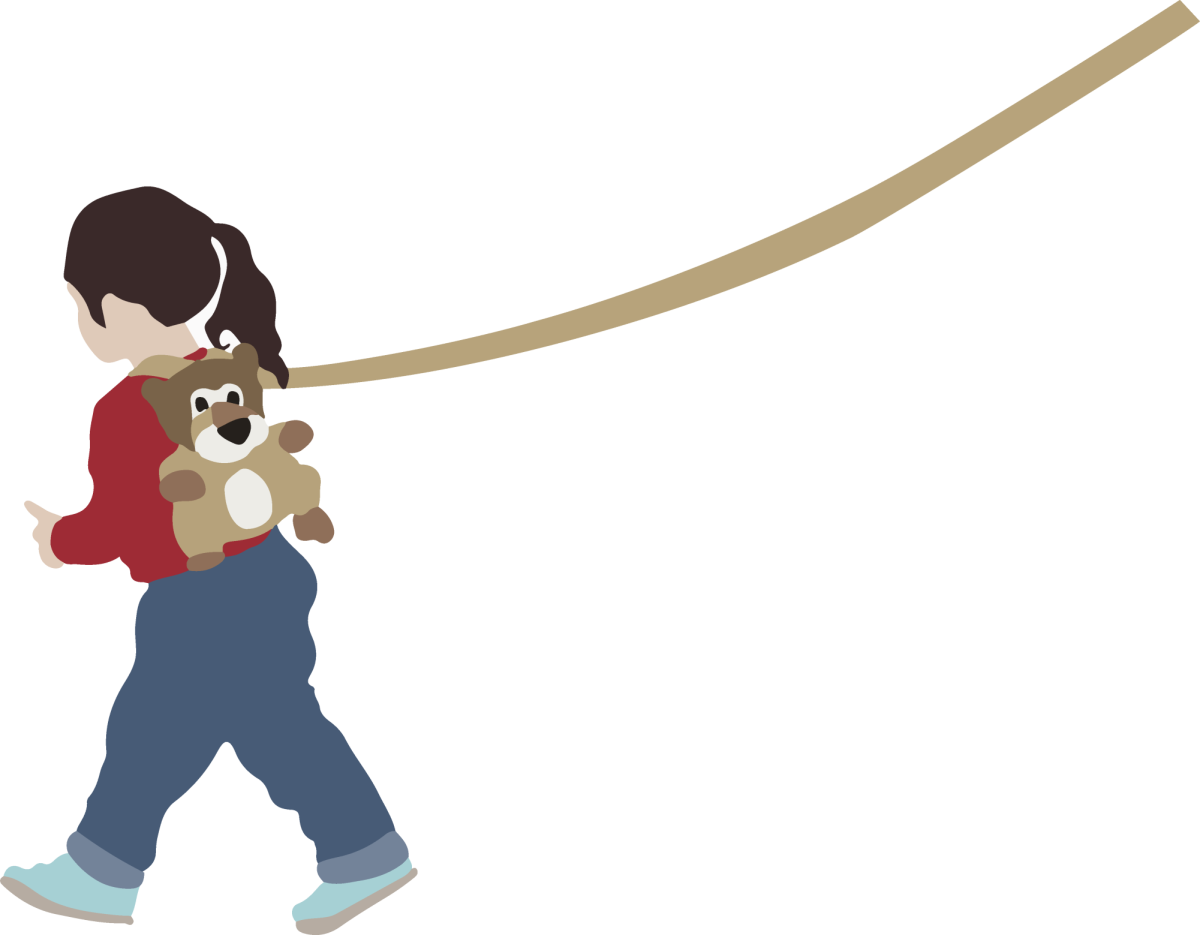As kids, we were often told “don’t grow up too fast.” Like most kids, we didn’t listen and were instead desperate to get to a point where we’d have more autonomy. But as we are in the midst of that stage, nostalgia often holds us back from the events and milestones we envied.
Our childhood shaped who we are, with the media that we consumed playing an integral part. Unable to find the same feeling that we may have felt in years past, it’s not uncommon to revisit old shows or movies to relive our childhood. But we may find things we didn’t catch before.
While we may laugh at the hidden adult jokes now, there’s no doubt they went over our heads when we were younger, leaving us wondering what our parents thought was so funny. Despite a stark divide between children and adults in terms of comedy, a select few PG sitcoms have jokes that all ages can laugh at.
“Drake & Josh,” “Victorious” and “6teen” are among few teen sitcoms that are specifically geared towards teens, who actually act their age. Unlike teen dramas of the time, they focused on realistic coming of age moments and included references to some PG-13 scenarios such as serial dating and make out sessions.
Nickelodeon and Disney were among two of the most widely frequented channels geared towards kids, with the former taking them more seriously. While Nickelodeon and its subsidiary TeenNick housed two of the three previously mentioned shows, Disney was more strict.
If a TV show required a scene at the beach, Nickelodeon would often go the realistic route and put the teenagers in bikinis, although this may have been a risky choice. On the other hand, Disney would dress their teenage characters in conservative swimsuits to avoid their young viewers raising questions. Along with this, Disney would avoid its on-screen couples kissing, usually blocking it with a prop.
Despite these ill attempts to keep children as young and innocent as possible, they’re accustomed to the real world and are smarter than people give them credit for. Sheltering them from everything will only make it harder to adjust into the real world. Having them avoid introductions to kissing may give them negative viewpoints on romance, whereas guarding them from realistic bodies may serve as an inability to understand their own.
Though writers and costume designers take a risk with these decisions, they’re letting children learn about growing up, while still allowing them to remain in a safe environment. The transition from shows geared specifically towards kids, which they may deem as too babyish, is seamless.
With the rise of social media, kids are able to gain access to a wider range of celebrities and influencers than previous generations. These can lead to unrealistic body images, and often lead them into facing the same problem that we did: growing up too quickly. Compared to our childhoods, they barely have one, skipping the preteen stage through use of makeup and the latest trends, and going straight into teenagedom.
“Euphoria” is a newer teen drama chronicling the lives of high schoolers and has gained massive viewership in its run. While the show deals with heavy topics, such as abusive relationships, abortions and sexuality, it primarily focuses on Rue (Zendaya), a recovering drug addict, a stark difference from Rocky, Zendaya’s character on Disney’s “Shake it Up.” Despite being the same age, Rocky’s main problems are that of the typical teenager, such as fighting with her best friend or dealing with grades, each of which are easily and quickly resolved.
Around the time pre-teen shows aired, teen dramas were also wildly popular, though they focused more on the dramatic aspects rather than unnecessary nudity. While these dramatized worlds proved for interesting television, they weren’t realistic, leaving teens to wonder what the actual teenage experience was like. Coupled with a show such as “6teen,” it’s apparent which one is more truthful, while still allowing for fun and nerves.
Nostalgia is a mainstay in our lives, but what happens when there is barely any nostalgia to look back on? There’s no childhood to fawn over, only dramas involving sex and drugs, two things that are considered normal for adults, but not so for those younger. While we may have photographs or memories of playing outside, screens are dominant for generations after us. At the very least, we can make sure something pleasant is portrayed on them.









